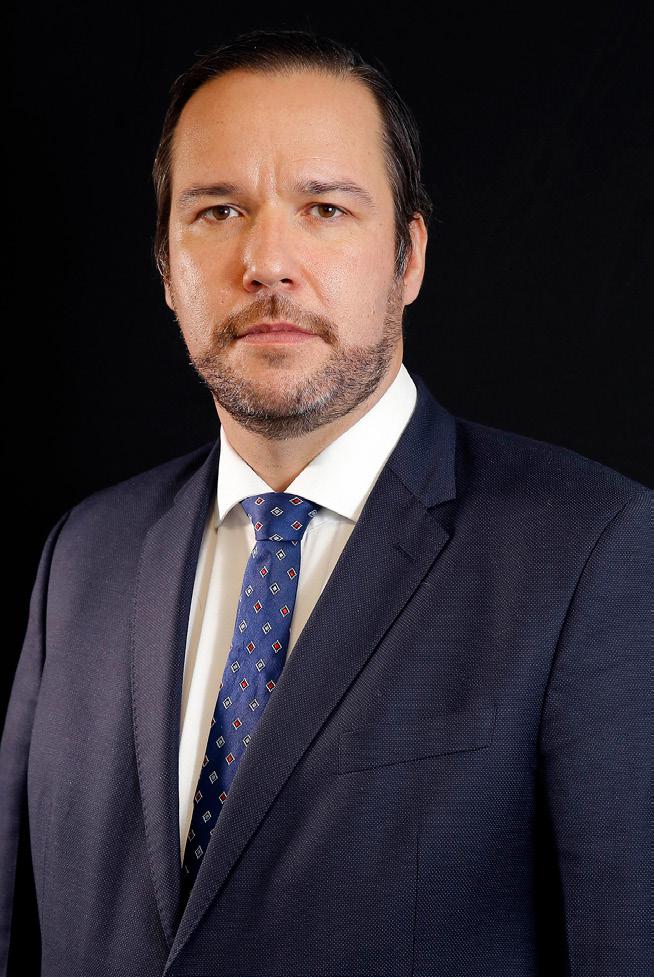Fiw Topics
- MSEs
- Women's Financial Inclusion
FIW Year
- 2024
Download Transcript:
Summary + Key Findings
Innovations in group lending focus on enhancing access to credit for low-income individuals while preserving community structures.
- 🌐 Transformative Potential: The shift towards innovative financial services can significantly improve access for underserved populations, particularly in remote areas. This transformation is essential for sustainable economic growth.
- 🤝 Collaboration Over Competition: Partnerships between fintech and traditional banks can leverage strengths, providing a wider range of services to underserved customers. This collaboration fosters a more inclusive financial ecosystem.
- 📊 Data-Driven Insights: Utilizing alternative data for credit scoring helps institutions craft personalized financial products. This approach mitigates risks while serving diverse customer needs effectively.
- 💻 Technology as an Enabler: Digital solutions can streamline processes and enhance customer experiences, but care must be taken to ensure that technology doesn’t widen the digital divide, especially in rural areas.
- 👩💼 Focus on Women Entrepreneurs: Empowering women in microbusinesses is crucial for financial inclusion. Tailored services that address their specific challenges lead to better economic outcomes for families and communities.
- 🏦 Regulatory Support: A favorable regulatory environment encourages innovation while ensuring consumer protection. Continuous dialogue with regulators is vital for sustainable growth in the fintech space.
- 📈 Future of Group Lending: Evolving from a rigid model to a more flexible and customer-centric approach can rejuvenate group lending practices, allowing for better adaptation to changing market needs.
This session summary was AI-generated using NoteGPT.
Watch Session:
Indonesia’s micro and small enterprises (MSEs), primarily owned by women, have limited access to credit creating a large financing gap and hindering business growth. Microfinance institutions have been crucial in addressing this gap through group lending. However, traditional group lending models have limitations, such as templated solutions and group liability enforcement issues.
This session aims to identify innovative solutions to evolve group lending models and make credit more accessible, affordable, and convenient for women-owned MSEs. We will discuss what has and hasn’t worked with digitizing group lending models, zooming into the core underlying issues that can lead to many of these models weakening over time especially as they try to keep up with digital proliferation. The focus is on using individual data to predict risk profiles, maintaining group dynamics while catering to individual needs, leveraging technology for a seamless customer experience, and scaling the model for wider reach. By addressing these challenges, women-led MSEs can become more financially capable and graduate to larger financial institutions.
FIW REsources
Explore Financial Inclusion Week sessions from previous years.
Hosted annually by the Center for Financial Inclusion, FIW brings together global leaders to exchange ideas, share research, and offer perspectives to inform the future of inclusive finance.



